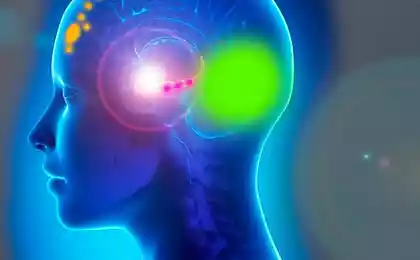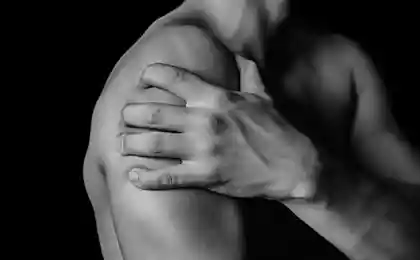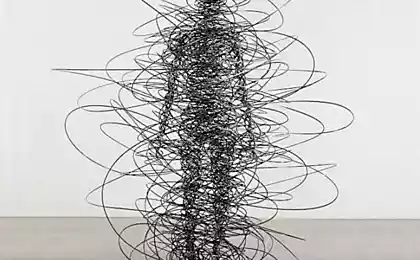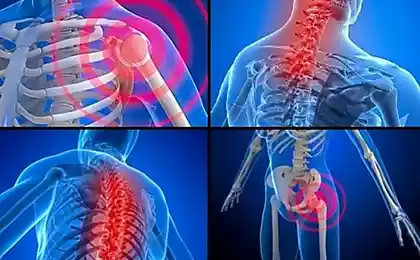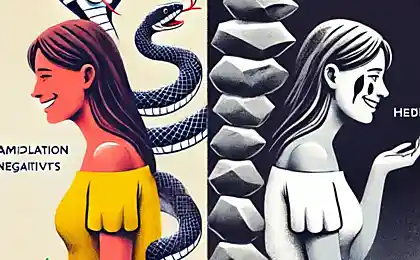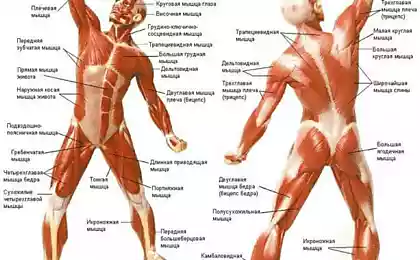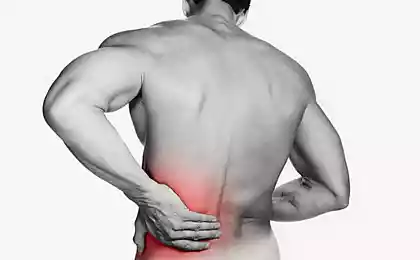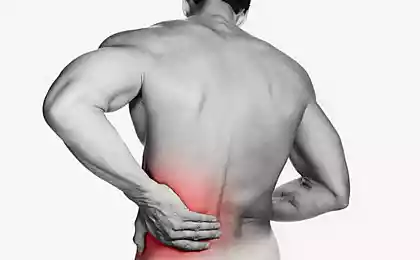452
Pain makes us friends

Common pain, that had to move you and your teammates, will make you even more friends.
At first glance, in pain is not good. However, it is the pain that helps to strengthen social ties: those who had to endure similar pain, begin to experience friendly feelings to each other. To such conclusion the Australian scientists from the University of Queensland and University of New South Wales, brought over a group of students relatively few cruel experiments.
In one of them the volunteers had to collect balls scattered on the bottom of the tank with water and put them in a box, too, standing on the bottom under water. But in some cases the water was room temperature and some painfully cold. In another experiment, the students had to perform strength exercises: to keep in a half squat, leaning back against the wall, or stand on one leg. Long sitting in polyostotic is much more painful than standing on one leg, in addition, in the second case, the person could change the foot to another or use the extra balance to keep the balance.
These tests (and water and exercise) was, recall, group, and in the end, the psychologists asked the participants about how they feel in the team, which came at the time of the research. It turned out, as the authors work in Psychological Science that those who have experienced pain, felt a greater affinity to the group, regardless of gender, age, and group size.
Participants in the experiment not only grew stronger subjective sense of solidarity, but also grew the level of real cooperation. The volunteers were asked to play a game where you had to choose a number from 1 to 7: if the team chose "7", all received the maximum payout, if they chose different numbers, the greatest gains accrue to those who chose the smallest number. It is clear that if to be guided by purely selfish considerations, you have to choose one, if you think about the whole team seven. As it turned out, those groups whose members had to endure the pain, was in this sense more friendly and more thought about the overall win.
As you can see, the pain just brings a sense of spiritual kinship, but also encourages us to take risks for the sake of their comrades. The study authors emphasize that the groups were recruited randomly and initially the people in them nothing to share. In General, in different cultures and in different times, you can find many examples of the unifying effect of the pain. Someone might even say that I should not have to fence the whole scientific work that so clearly – enough to listen to patients in the clinic or to recall, for example, a military fraternity. But, listening in on the conversation in the hospital, we can't tell whether the pain was caused by excessive sociability, or is the reason just a General trouble or need a long time to be in the same room with other people. In addition, it is one thing – a heated discussion where it hurts, and the other is the willingness, as has been said, to take a risk for someone who hurts just like you. A soldier's friendship is also not giving the "purity of the experiment: on the one hand, men made friends in the army and without any painful experience, on the other hand, in the hot spots, besides the pain, there is also a total nightmare of what is happening, which forces us to seek support in each other.
Described in the same work taken pure pain, without any psychological, existential other impurities – and, as it turned out, the same pain itself may rally the team. Hence, right after asking some practical advice, but we hope that a variety of benefits management these results will not be included.
Cyril Stasevich according to the materials of the Association for Psychological Science.
Source: nkj.ru


